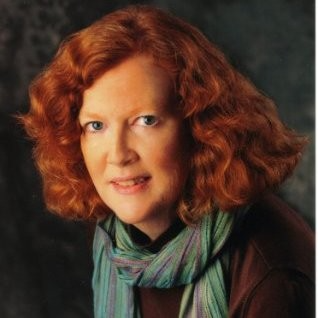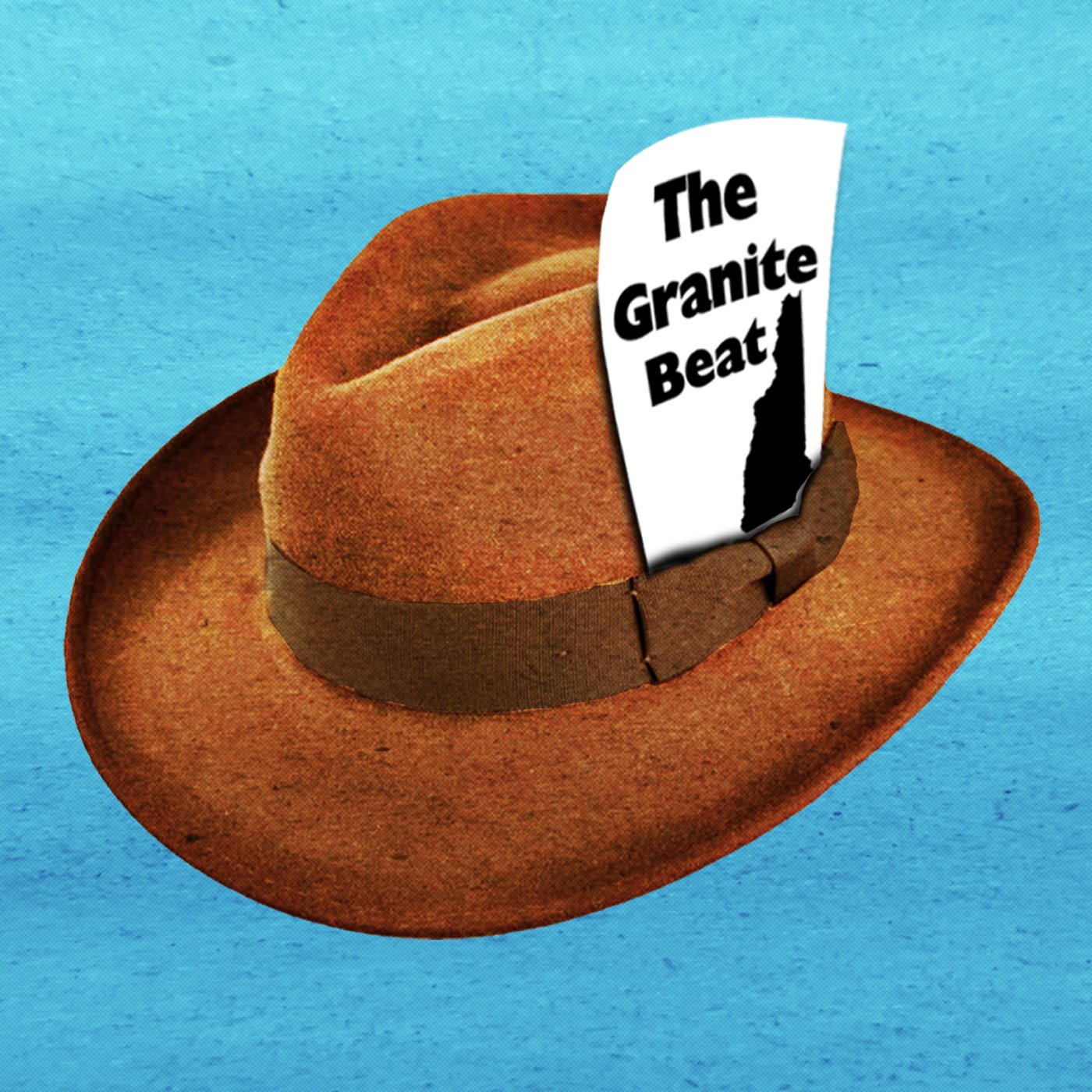A conversation with veteran journalist Judi Currie on the changing news landscape and getting back to basics
By Adam Drapcho and Julie Hart, Laconia Daily Sun


On this episode of The Granite Beat hosts Adam Drapcho and Julie Hart speak with Judi Currie, a former staff writer for Business NH Magazine with a broad range of experience in New Hampshire. She has covered topics from across the spectrum for countless newspaper, radio, and television outlets.
Listen to the full interview on The Granite Beat podcast and subscribe wherever you get your podcasts
This transcript has been edited lightly for length and clarity.
Adam Drapcho:
As I looked at your LinkedIn page, it occurred to me that you're likely someone who thinks not just about what a journalist delivers, but how that information is being delivered. Could you tell us more about that? Do you think more journalists should be thinking about how their work is being presented?
Judi Currie:
I often see things on the national news and feel like, ‘Did they realize what they were gonna sound like?’ Locally we have such good quality journalism, and anytime I have an opportunity to share and talk about it I always urge people to consider the impact. In social media we see the impact of how fast information can travel, so if you're a journalist, you really need to have a whole other layer of responsibility and appreciation for where that information can go and what it can do, good or bad.
Adam Drapcho:
How would you advise working journalists today? What would you advise them to do to improve that in their own work?
Judi Currie:
I've always had this three pronged approach to news: there's the information people want to know, need to know, and should know. What they want to know is the exciting stuff, the crime stories that don't necessarily impact their life; what they need to know is the real critical stuff, like if City Hall is being closed or if a bridge is being shut down for a year for construction; but what they ought to know is all that stuff they tend to not pay attention to, like municipal government and what's on the town warrant. People get so excited, ‘I voted in every presidential election,’ and I say, ‘But did you vote in the local ones? Those are the people that are impacting your life.’ So as journalists, that's where we really need to make sure we're giving equal value to that information and trying to engage people with it.
Adam Drapcho:
I'd like to ask you about a couple of stories you published recently. The first one had to do with Stewart's Ambulance Company, which is important to our readership because Stewart's provides its ambulance service for a lot of smaller towns that don't have their own municipal ambulance. Could you tell us about that story? How did you get into it? And what did you learn?
Judi Currie:
They reached out because I was writing for a business magazine and this was a great business story. This is the first New Hampshire ambulance service – the first in New England, actually – to become an ESOP, or employee stock ownership plan. Basically, instead of being a corporation with shareholders, the employees are the owners of the company. No one had ever done this in the ambulance service, except in other parts of the country. The real key to this is that people who work in this profession aren’t making a lot of money, they don't see it as a good career move. So when I interviewed the executive chairman, Justin Van Etten, one of the things he pointed out is the career path for EMTs, you start at the very basic level of a person who can drive wheelchair vans, you move up through the various levels, you get a four year degree, you become a paramedic, maybe you get advanced degrees and certifications, and pretty soon you get snapped up by a hospital or other healthcare organization that can pay more. So nobody was finishing their career here, people weren't staying, and the turnover was really high. So the way this works is, if people stay with the company for I believe four or five years, they can become fully vested as a shareholder and an owner. And then if they make a career out of it, they're getting a percentage of the money that's coming in as opposed to it just going to wherever it would go in a business model, because the ones that are trying to do EMS as a business are not really doing that. But if you can take what little profit there is in this model, and give it to the people that work there, that will give them an incentive to stay and maybe make a career out of it. Because the longer you're there, the larger share you'll have in the company.
Adam Drapcho:
I wonder if you've had any thoughts about this sort of model being applied to other industries where there has been similar issues of low compensation leading to high turnover?
Judi Currie:
That could certainly happen in other parts of healthcare I suppose, if you don't already have a nonprofit structure in place, it would be interesting to know whether any of the privately held hospitals are actually offering any sort of stock options to keep the people higher up in the system. But definitely for a company or industry that has seen a lot of turnover, I think it's a great option.
Adam Drapcho:
The other story I wanted to ask was about broadband access in some of the rural parts of the state. Could you tell us how you got into this story and how you went about investigating it?
Judi Currie:
Business NH Magazine focuses on telecom and technology specifically every December, so I actually wrote about it in 2020 when one of the first big projects was Chesterfield. They were trying to bring in broadband and were sort of part of a coalition pushing for the state to create a rule that would allow broadband to be treated like other utilities. So think about it: if there was a town without electricity, they would do something about it. You could go to the voters and you could say, hey, we built all these new houses, we need electricity, we need water, we need sewer, and the town could bond for that. But they couldn't bond for broadband, and so they had to change that rule to allow it. And then this story, when it came out January of 2020, it didn't take too much longer for people to realize that communities that didn't have broadband were in big trouble, because when all the kids were sent home from school you had a lot of students that were totally disenfranchised, disconnected. You had teachers teaching from parking lots of Dunkin Donuts because they didn't have broadband. If you live in the southern part of the state like I do where you're in a city, you never think twice about it. But when you find out that all these cute little tourist shops in say Newport, when they're trying to run credit cards, they're doing it on like a mode system, it's like, wow, just bring out that little Swiper. You don't realize what a huge difference it makes. So for everybody to work from home, this was a big awakening. They were already heading down that road of improving it, but COVID certainly pointed out all the inequities and all the breaks and capacity. One of the most entertaining stories in this series had to be the town of Bristol. Their town administrator said his logo is basically “Beer and Broadband” to get people to move to Bristol, because the town is shrinking and they want to bring in young families. They knew they would need broadband, and they knew that they would need a brewpub. And so that's their motto and it's really making a difference, because if businesses can't get that service, who's gonna want to locate even a small business there? That’s the one thing they're lacking because of the way our housing market has evolved, and the lack of multifamily housing and so on. I think we all know the housing crisis and where that sort of got driven to building a lot of elderly housing and nothing else, because they were worried about the school impact taxes. Now it's kind of gone the other way where they're getting so small they're actually losing money in terms of their allocation. I think this is another way to make it attractive to young people, especially with so many either working in the gig economy or working from home. I mean, you can't be an Uber driver if someone can't reach you. And these are areas that were also not necessarily served by great phone service, either.
Adam Drapcho:
Do you think that as we're talking about the return of small local newspapers, might we also be talking about the return of citizen journalists?
Judi Currie:
Oh absolutely. I think there are people out there, even if they don't have a formal paper, that may be trying to act in that role. Over the years that I worked at Foster's Daily Democrat, they had many people who would submit columns for their town. If you ever looked at the Concord Monitor, and then Foster's Daily Democrat and the Portsmouth Herald, when you got to the middle, like Northwood, Nottingham, it was like a news desert 20 years ago. And the only reason anybody ever came to Nottingham was because of the USA Springs Battle, and up until then they got no coverage. So people in those cities – it could be your librarian, it could just be some concerned citizen – we're already sending in weekly columns or monthly columns just to let people know what was going on.
This article is part of The Granite Beat, a project by The Laconia Daily Sun and The Granite State News Collaborative, of which Laconia is a partner. Each week Adam Drapcho and Julie Hart, will explore with local reporters how they got some of the most impactful stories in our state and why they matter. This project is being shared with partners in The Granite State News Collaborative.
